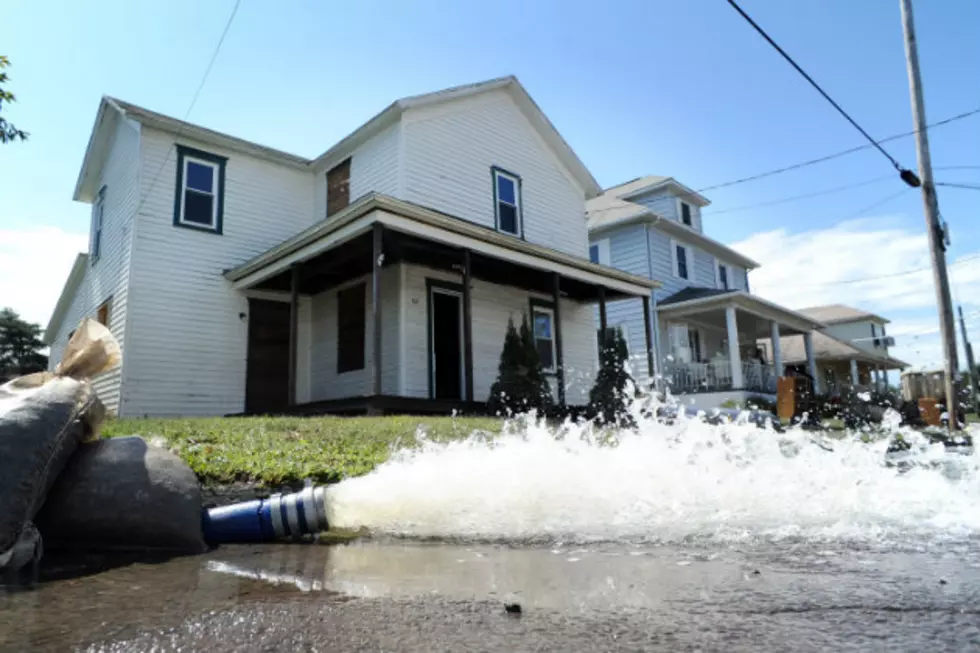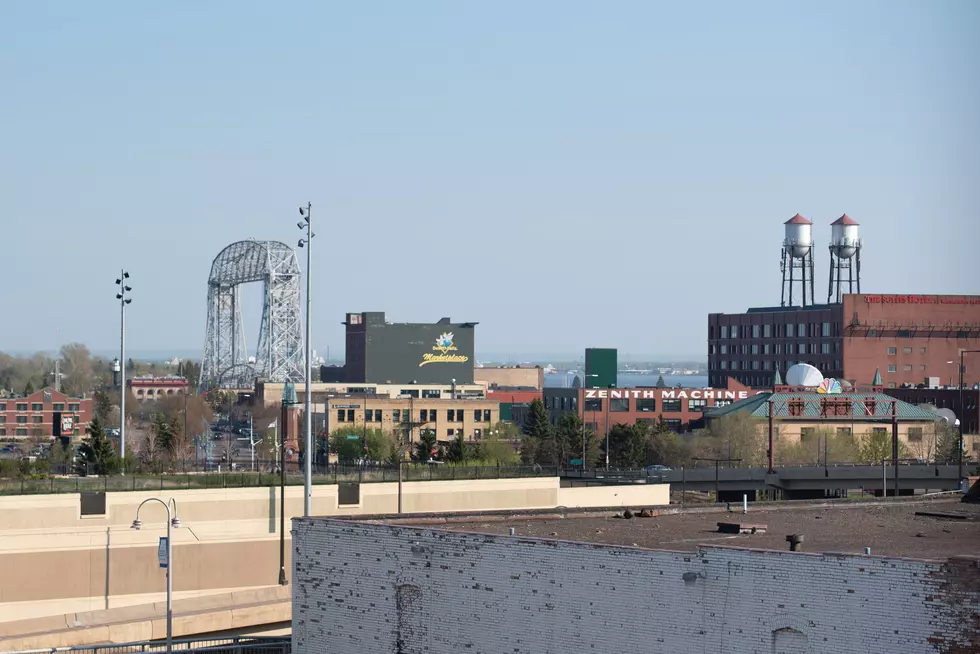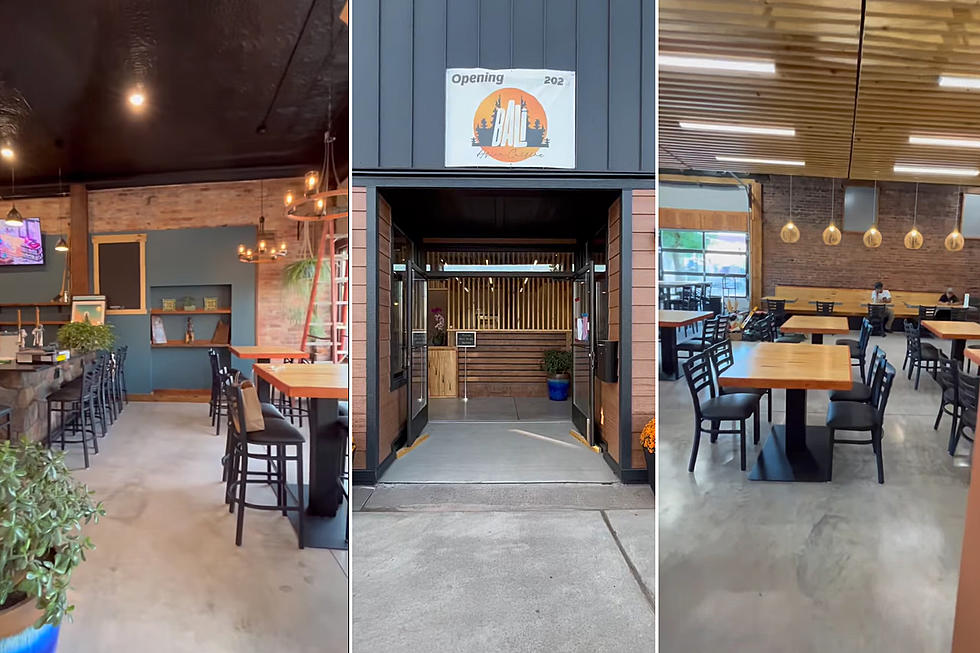
How to Survive a Flood
With all of the flooding going on in Duluth and several communities in the St. Cloud metro being on the river, I thought, "What would I do if I were caught in a flood?" Here's what I found.
I live near the Mississippi River, but it would have to be like 200 feet above flood stage for it to reach my house, but that doesn't mean that my home can't get flooded. If you live near a lake, river, stream or creek, with the epic rainfall we've been having lately, water can rise quickly, plus a leaky basement and overwhelmed storm drains can also spell disaster.
First of all, research your area's flood risk and check your insurance. Not all homeowners insurance policies cover flooding, so find out before the water comes if you're covered in case of a flood. If not, contact your insurance agent to find out how to purchase flood insurance.
Have a Plan
If you are ordered to evacuate ahead of a flood, you need to heed the orders, have a plan and an escape route. Get out of town if possible. Hotels, motels and any place on higher ground will likely be overwhelmed.
Where's Your Passport?
Where is your passport, the deed for your house, your will, your insurance policy or any other important documents? Where do you keep your cherished family heirlooms and valuables? If you keep them in a Rubbermaid tote in your basement, you may want to think about getting a safety deposit box. If your basement floods, you're going to be out of luck.
Assemble a Survival Kit
In case you can't get out of town, you should have a flood survival kit that includes a rain suit and boots, medication, clothes, non-perishable food items, copies of credit cards and personal identification (front and back for both), a three day supply of clean drinking water, a battery powered radio with extra batteries, flashlights and baby formula.
So, the water is here. Now what?
Leave
You may not have time to pack a lot of your belongings, but stuff can be replaced. You can't, so get out. As you're fleeing the water, if you come across a barricaded road or it's dark and you see a large pool of standing water, turn around. The roads are blocked off for your safety and you don't know how deep that water is. It takes only 18 inches of water to carry your car away with you in it, so don't risk it.
Listen
Keep tuned to your local radio station for the latest information. If police are giving orders to get out of town, not drive in a certain area, or anything else, heed the warnings and listen to what they have to say. They are there to help keep you safe. If authorities tell you it's not safe to go home, don't go home. Your home may be damaged or the water near your home may be contaminated with fuel, hazardous materials, or sewage so stay away until it's officially safe to return.
Look
When you finally do return to your home, look around for downed power lines, damaged gas lines and cracks in your foundation. If you do see a downed power line, don't touch it. Contact your electric company immediately to report it. If you smell natural gas or hear a hissing sound, leave the area and call your gas company to report the break in the line. If you have cracks in your foundation, do not enter your home. It could be unstable and collapse.
More From Mix 94.9









